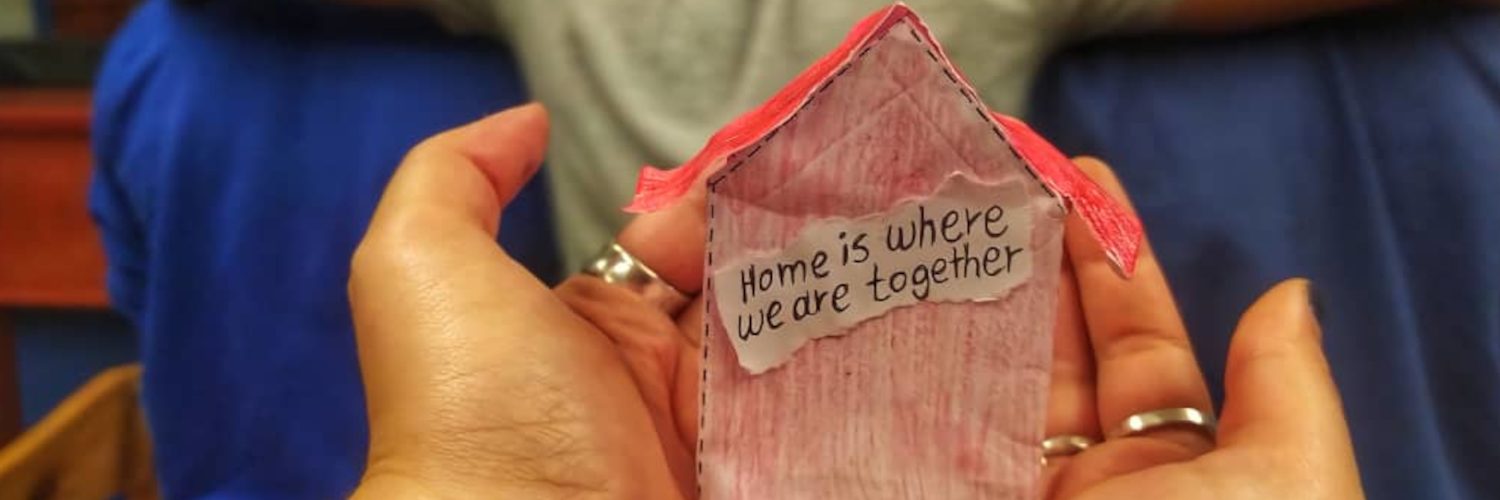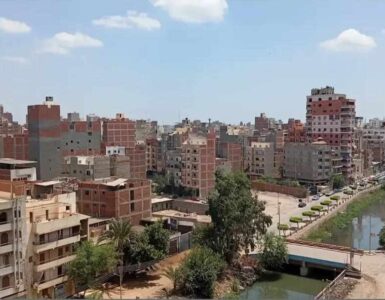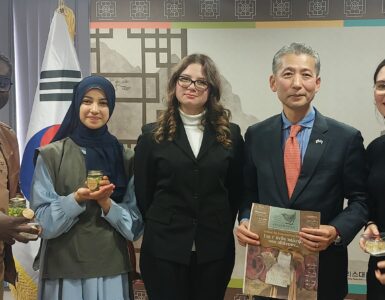In the past few years, and especially from the end of 2019 to the beginning of 2020, Greece had the highest rate of inflows of unaccompanied minors ever, and this has resulted in more than 5000 of them living in the country. Almost two years later, this number has decreased and the number of unaccompanied minors currently living in Greece is just over 2000.
The majority of unaccompanied minors in Greece live in shelters, where they have legal and psychological support and where there are social workers and educators. However, there is sometimes a lack of basic necessities, such as hygiene products and clothing, as well as heating issues since they have no means to get warm in the winter and cool in the summer.
Unaccompanied minors are usually in the process of waiting for asylum and family reunification or waiting to leave for another European country. The only choice they have is to wait, however long that takes. But these unaccompanied minors waiting to be transferred or to travel, might turn 18 during the process.
Turning 18 for refugees or asylum seekers here in Greece doesn’t just mean becoming independent. It comes with a lot of responsibilities, which, when you don’t know the language or are not well integrated into local society, makes it challenging. This is especially true for an unaccompanied minor, for whom legal and psychological support will stop suddenly, meaning they will have to survive on their own, find a job and in most cases a roof over their heads too.
There are two basic ways to achieve social integration: First, the programme ESTIA for the accommodation of asylum seekers, and second, the programme HELIOS for recognized refugees, who have been granted international protection. The HELIOS programme offers rental subsidy approximately 1-2 months after you have registered, but in order to register you must already possess a lease agreement. The programme also offers educational support and professional counselling, until you figure out what you are going to do.
Unaccompanied minors who turn 18 will have to handle many issues like these on their own. It is essential that they continue to receive support, especially legal and health related, for a few more years. It isn’t as if you turn 18 and all of a sudden you don’t need help just because you have become an adult. Even adults need this kind of support. All I am saying is that life is complicated and being a young adult trying to live on their own in a foreign country is even more complicated. So let’s help them experience a normal adulthood!









Add comment